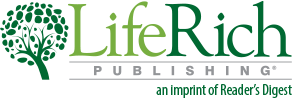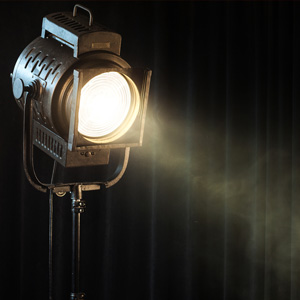Author Resources
Researching: Conducting Legal Research
by R.J. Lee
Let’s say you want to write a legal or courtroom thriller, or a story about how the legal system succeeds or fails, or even a romance in which there is a courtroom scene… how do you make sure you get the details right? While you don’t have to graduate from law school in order to do this, some basic knowledge of the legal system is essential. For example, did you know that the prosecution must share its files with the defense? It’s called discovery or disclosure, and if you have a climactic scene in which a surprise witness appears for the prosecution, you’ve written a fantasy novel, not a legal one. Also, under the rules of criminal procedure, the prosecution gets to do two summaries, and the defense just one. So, before the jury heads off to deliberate, they’ve heard a prosecution summation, a defense argument and summation, and a prosecution rebuttal. Why is this so? Because in our legal system, the burden of proof is on the prosecution, so they get to speak last.
You don’t want to get bogged down in the arcane world of legal technicalities, but you do want to have enough knowledge to be able to use clever legal devices to move your plot along. Legal procedures are not just limited to murder trials. You might want to write something wherein a tax evasion charge plays a principle role, a character is guilty of embezzlement, or your book has a Bernie Madoff type character. Some knowledge of securities law or other white collar topics might be essential. Start by reading other authors who write in this space. Authors like David Baldacci and John Grisham have legal backgrounds, reading them may increase your knowledge of how the criminal justice system works. The two best resources for conducting legal research of this nature would be the online services Lexis and Westlaw, but they are expensive, and may require that you actually be a member of a state bar association. For free research resources, try a site offered by the law school at Duke University. The sites listed are free, though some do require registration, and a few require an affiliation with the University. There are several more resources available via the Internet, as long as you know what you are looking for.
Remember, there’s a fine line between being accurate and writing a book that’s bogged down with legal minutiae. You want to make your book interesting and accurate to a point, but not overly complicated and detailed. In the end, it’s the story that counts.
Information provided by the Author Learning Center
Publishing: Fiction
Publishing: Fiction
By clicking “Request My Free Consultation”, you are providing your electronic signature, voluntarily authorizing LifeRich Publishing and its affiliates to contact you using a manual or automated telephone dialing system and send you advertisement or telemarketing messages by email or text/SMS/MMS message to the address and phone number you have provided above. You are not required to agree to this in order to buy products or services from Balboa Press. You certify that you are over the age of eighteen (18). You’ll get up to ten (10) messages per month. Standard message and data rates may apply. Click here to view our privacy policy.



